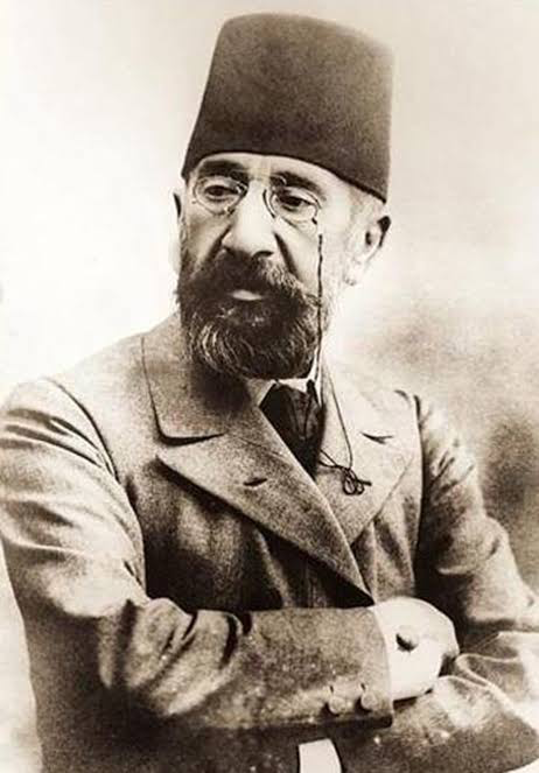The Energy Factory of Cells
Glycolysis is a vital process that happens inside the cells of all living organisms. It is like a tiny energy factory, working hard to produce the fuel cells need to function. Let’s explore what glycolysis is all about in simple terms.
Glycolysis is a word made up of two parts: “glyco” meaning sugar, and “lysis” meaning breakdown. So, glycolysis literally means breaking down sugars. Specifically, it’s the process of breaking down glucose, a type of sugar, to make energy.
Imagine glucose as a big, complex molecule, and glycolysis as a set of tiny machines that break it down into smaller pieces. These machines work step by step, each doing a specific job.
First, glucose gets prepared for breakdown by using a bit of energy. Then, it’s split into two smaller molecules called pyruvate. Along the way, some energy is released and captured in the form of ATP, which is like a rechargeable battery that cells use for energy.
Glycolysis is crucial because it’s the starting point for two important processes: aerobic respiration and anaerobic respiration. In aerobic respiration, which happens when oxygen is available, pyruvate goes through more reactions to produce even more ATP, providing lots of energy for the cell. In anaerobic respiration, which occurs when oxygen is scarce, pyruvate is converted into other molecules, releasing a smaller amount of energy.
Glycolysis takes place in the cytoplasm of the cell. The cytoplasm is like the jelly inside a jellybean; it’s the substance that fills up the cell and holds all the important parts in place.
Test 19
1. What is glycolysis?
A) Building up sugars B) Breaking down sugars
C) Storing sugars D) None of the above
2. What molecule is broken down during glycolysis?
A) Water B
) Glucose
C) Oxygen
D) Carbon dioxide
3. Where does glycolysis occur in the cell?
A) Nucleus
B) Mitochondria
C) Cytoplasm
D) Cell membrane
4. What is produced as a result of glycolysis?
A) ATP
B) DNA
C) Protein
D) Lipids
5. What is produced from one molecule of glucose in glycolysis?
A) Two molecules of oxygen
B) Two molecules of pyruvate
C) One molecule of ATP
D) One molecule of glucose
6. Why is glycolysis important for cells?
A) It helps cells divide
B) It produces energy
C) It stores fat
D) It creates proteins
By understanding glycolysis, we get a peek into the incredible complexity of life at the cellular level. It’s fascinating to think that such tiny processes are happening inside our bodies all the time, keeping us alive and kicking!










